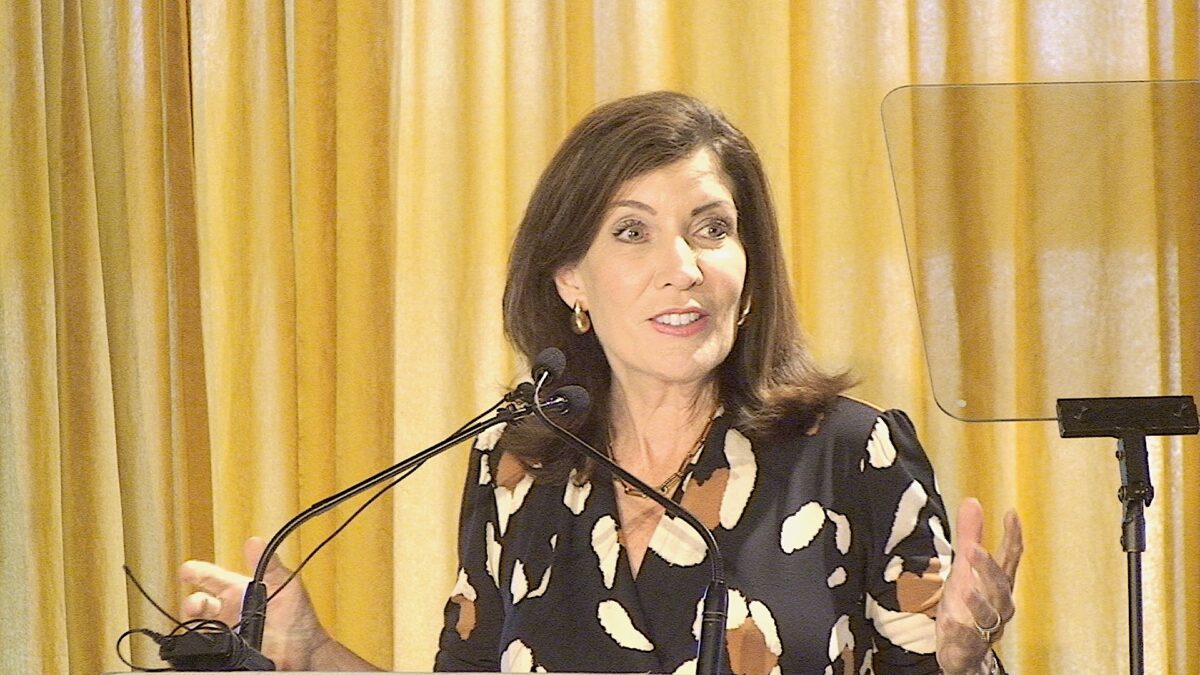New York Attorney General Letitia James and the Federal Trade Commission (FTC) have reached a settlement with Angi Services, operator of the online platform Handy Technologies and known to some people by a former name Angi’s List for running tens of thousands of false ads throughout New York state including in the Hudson Valley. James and the FTC said that among other things, the ads misled workers about how much they could earn by doing jobs booked through the Angi online platform.
In the settlement, Angi Services’ Handy Technologies is required to pay $2.95 million to thousands of workers and ensure that its advertisements are accurate, and that fines and fees are properly disclosed.

An investigation by James’ office and the FTC found that Handy inflated the wages workers would earn by using its platform and that in some cases Handy paid workers nearly 50% less than the advertised hourly rate for a certain service. The investigation also found that Handy’s ads also misleadingly stated that workers would be paid daily, while in reality workers were typically paid nearly a week after completing a job unless they paid a fee.
James’ office and the FTC explained that Handy operates an online platform through which workers can claim household service jobs, such as home cleaning, handyperson services, furniture assembly, and lawn care. To entice workers onto its platform, Handy has run tens of thousands of advertisements throughout the state, including in New York City, Westchester, the Hudson Valley, and the Finger Lakes touting the wages that workers earn.
“Handy Technologies relied on inflated and false earnings claims to lure workers onto its platform. It then deducted inadequately disclosed fines and fees from their wages,” said Samuel Levine, director of the FTC’s Bureau of Consumer Protection.
“New York workers deserve to be paid what they are promised, when they are promised,” said James. “My office will never hesitate to take action against companies that cheat hardworking New Yorkers.”
James and the FTC reported that in Sept. 2022, Handy ran advertisements in the Hudson Valley claiming that Lawn Care Pros “Earn at least $28/hour.” However, according to Handy’s own data, only approximately 25% of Lawn Care Pros in the region earned the advertised rate.
Handy’s advertisements also made deceptive claims about how quickly workers would be paid, according to James and the FTC. In thousands of job postings and ads, Handy stated that Pros would be “Paid Daily” or could cash out “as soon as the job is done.” However, Pros were typically paid within seven days of completing a job. To be paid sooner than the seven-day default, Pros were required to pay Handy a $1.99 fee, which was not disclosed in Handy’s ads.
James and the FTC said that eligible workers would be notified of the amount they will receive as a result of the settlement.





















